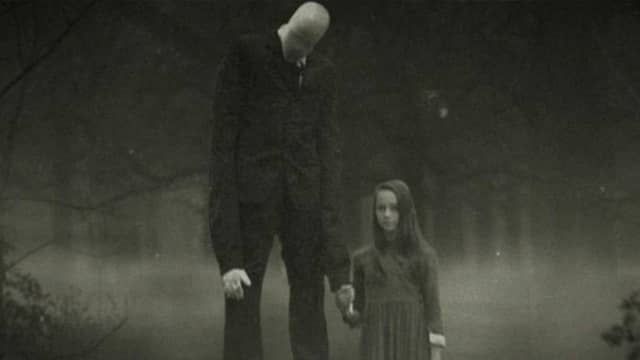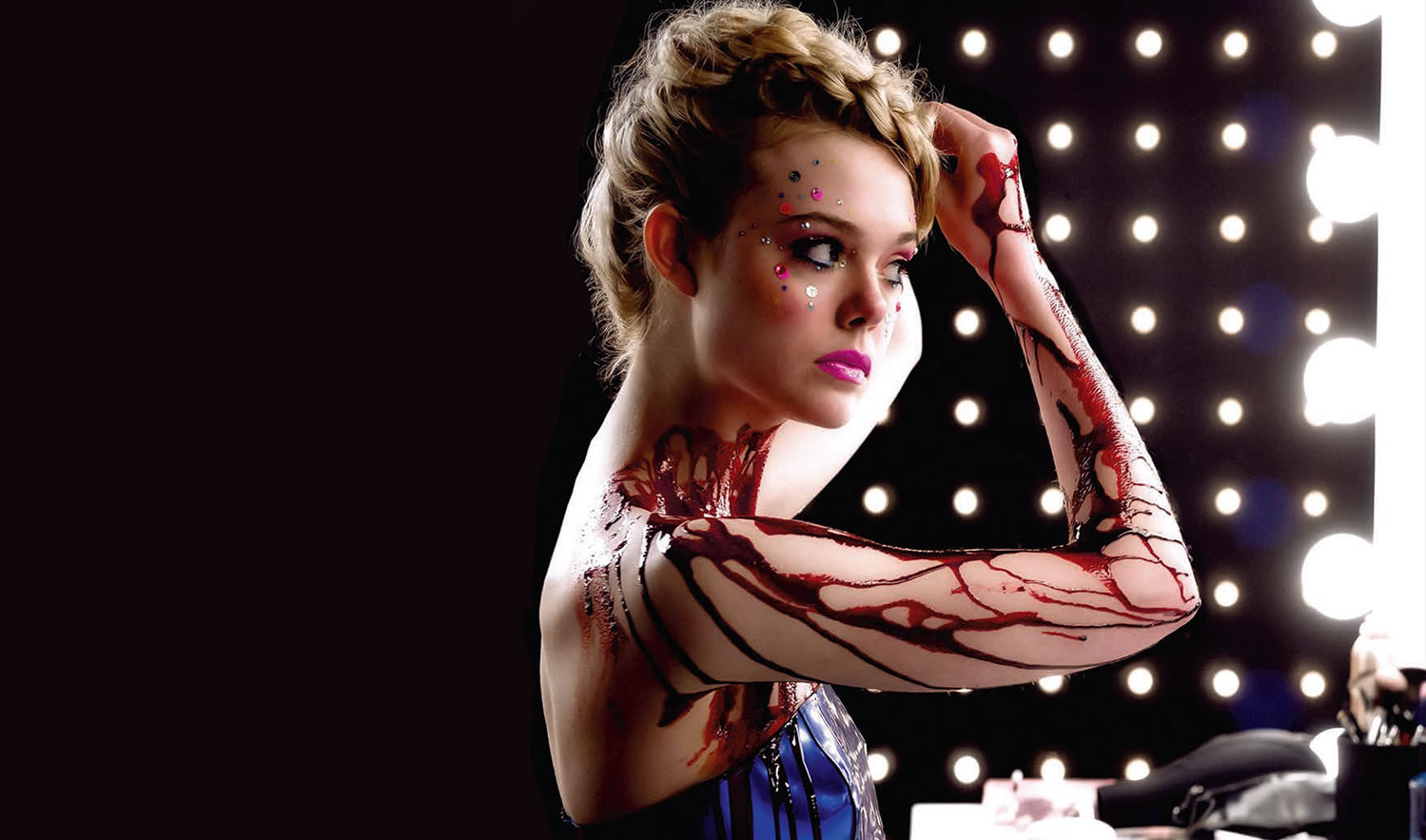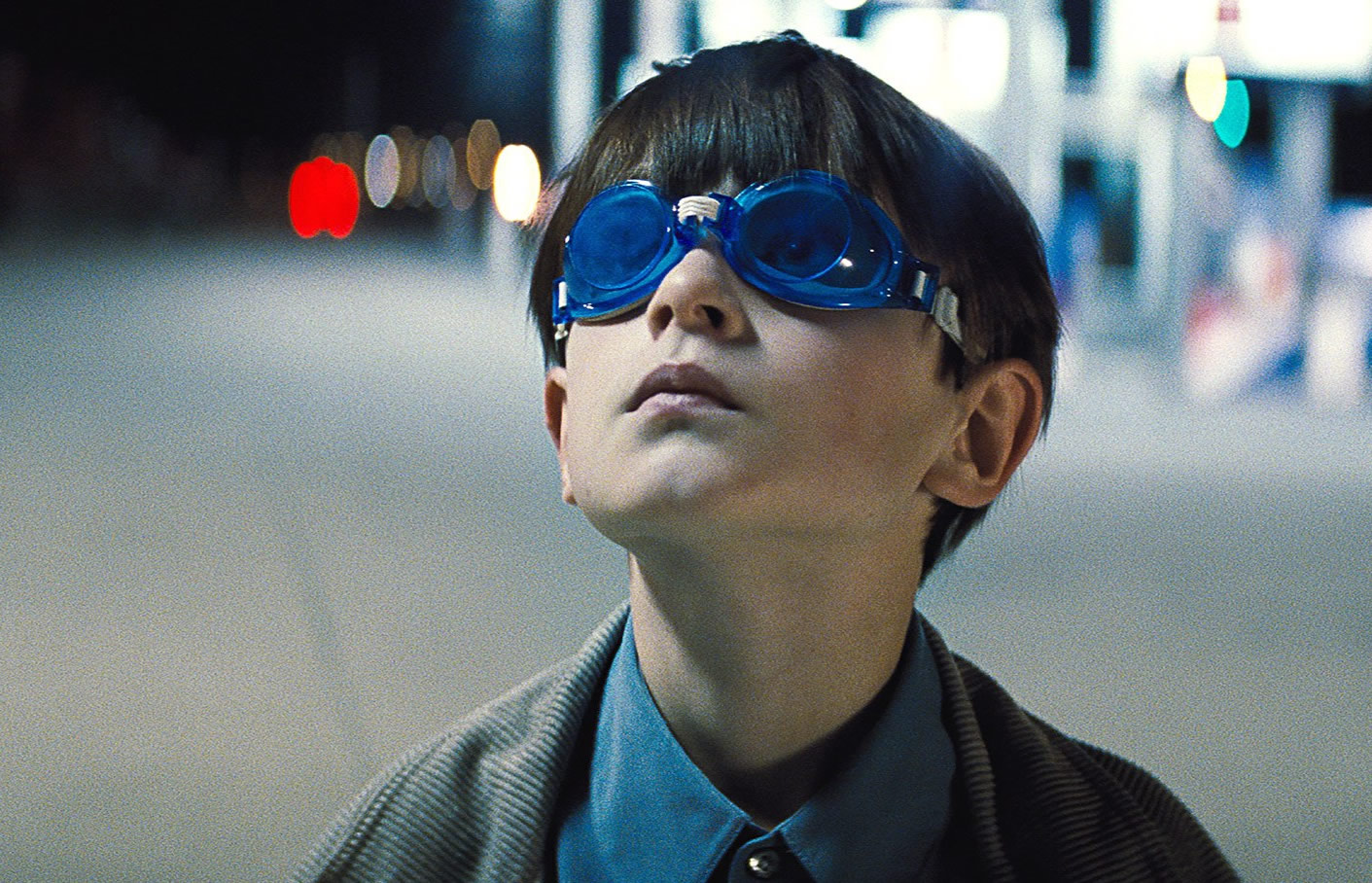Written by Peter Benchley and Carl Gottlieb. From the novel by Peter Benchley. Directed by Steven Spielberg. 1975.
In the first ten minutes of JAWS, Mayor Vaughn strong-arms Chief Brody into keeping mum about a girl killed by "probable shark attack" in the waters off Amity Island. His oily reasoning runs so: "You yell barracuda, everybody says, 'Huh, what?' You yell shark...and we've got a panic on our hands on the Fourth of July."
Lately, when I've told people that JAWS is -- and has always been -- my favorite movie, I've felt a lot like the guy yelling 'barracuda.' "Really?" people say, and cock their heads. "Huh." My wife tells me it's because people don't remember how good it is. They remember the movie, sure: the mechanical shark that sank to the ocean floor when the crew submerged it for the first time, the sharp decline in beach attendance in the summer of 1975, the famous line Brody utters upon first seeing the title character (everyone say it with me: "You're gonna need a bigger boat"). Lost in the fog of too few screenings, however, is what everyone's forgotten: like The Godfather or Star Wars or Casablanca or Gone With the Wind, JAWS remains one of the greatest of American movies.
I should point out how I intend the word "great" here: in the truest sense of the word, as in larger than others of its kind, remarkable, and important. Crystal and I were fortunate enough to happen upon a 35th anniversary screening at the Fox theater in Atlanta this past weekend. I'd never seen a theatrical print of the film before, so I suspected that to sit in the dark for two hours and see it projected wide and grainy and larger-than-life would be an experience akin to epiphany. It didn't disappoint.
Films like JAWS -- and there are so very few, perhaps not even one, when it comes down to it -- demand theatrical viewing if only because their scope cannot be contained. Spielberg utilizes a wide screen to its fullest potential, with foreground and background elements occupying extreme positions for maximum emotional effect: the chief's point-of-view shot past the head of a pestering city councilman, for example, his eyes -- and our eyes -- on a girl screaming in the water. Disparate images, the gulf between them emphasizing Brody's disconnection from the more mundane aspects of his job (why does a police chief have to get drunk and rail about the pressures of being a cop in crime-ridden New York when the simple political spaces one has to negotiate in small-town life seem so much less dangerous?). Nuances abound in this very large movie.
Something else: JAWS, like Star Wars, is a product of its director's youth and audacity. Spielberg hasn't really made great movies since the eighties. When asked by a college student whether studio support by way of millions of dollars in cash to fund his pictures might have hampered his artistic development, the late great Orson Welles famously replied: "No." Maybe that was true for Orson, a director who was never really less than successful even in abject failure. But for Spielberg the hunger kept him moving, much like the titular shark; sharks sink if they stop. Spielberg stopped being hungry sometime after Indiana Jones and the Temple of Doom, his (and Lucas's) last movie born out of discontent, restlessness, and urgency.
I think I love JAWS most because it's virtually every arch-story the screen can hold: a stranger in a strange land ("Martin sits in his car on the ferry to the mainland..."), the ties of love and family ("Give us a kiss...because I need it"), a tale of friendship ("Why don't we have one more drink and sit down and cut that shark open?"), and a tale of pirates ("I'll never put on a life jacket again..."). It exploits the primal terror that lurks in all of us and somehow buoys the child in each of us.
I first saw the movie on television when I was six. There was a time -- I don't know if it's still the case, as I haven't subscribed to TV in almost a decade now -- when TBS ran JAWS once or twice a year. I recorded it and wore the tape out re-watching it. It wasn't until high school that I got my hands on the unedited film and saw, for the first time, a man's severed leg sinking to the bottom of the estuary, knotty and blossoming red. What violence it lacked the TV version famously made up for with scenes not in the theatrical release, like a little eccentricity of character, which serves to endear Quint (or is it to depict him as the madman he is?): he torments a young boy playing clarinet in a store.
JAWS is also a great movie, of course, because of what it did for the summer release schedule and the box office. Some might argue in this age of Michael Bay, well, that's no great legacy, but that would be unfair. Besides, in JAWS there is no blame to assign, only praise and fond memories. Cinematically speaking, it's a technical marvel and a milestone, a revolutionary work. A tough movie to make, and whenever I hear Spielberg weigh the challenges of making JAWS against the rewards -- "When I think of JAWS, I think of courage and stupidity," he has said -- I can't help feeling a surge of optimism regarding the infinite possibilities of popcorn movies.
JAWS is a great movie because it made me, a kid who hadn't seen very many movies yet, fall in love with the art form for reasons I couldn't articulate at six. I could only sit in front of the TV and gasp. It occurred to me, between similar gasps last weekend in the Fox, that had I been born a decade earlier, had I seen JAWS on the silver screen in the summer of 1975, my life might have turned out very differently. I might have been living in Hollywood today, trying my damnedest to direct movies. I like to think, though, that in the more intimate setting of my living room floor in 1984, from the moment the great white broke the water (and Quint's boat), I would forever be making movies -- and crying "Shark!" -- in my heart.



















